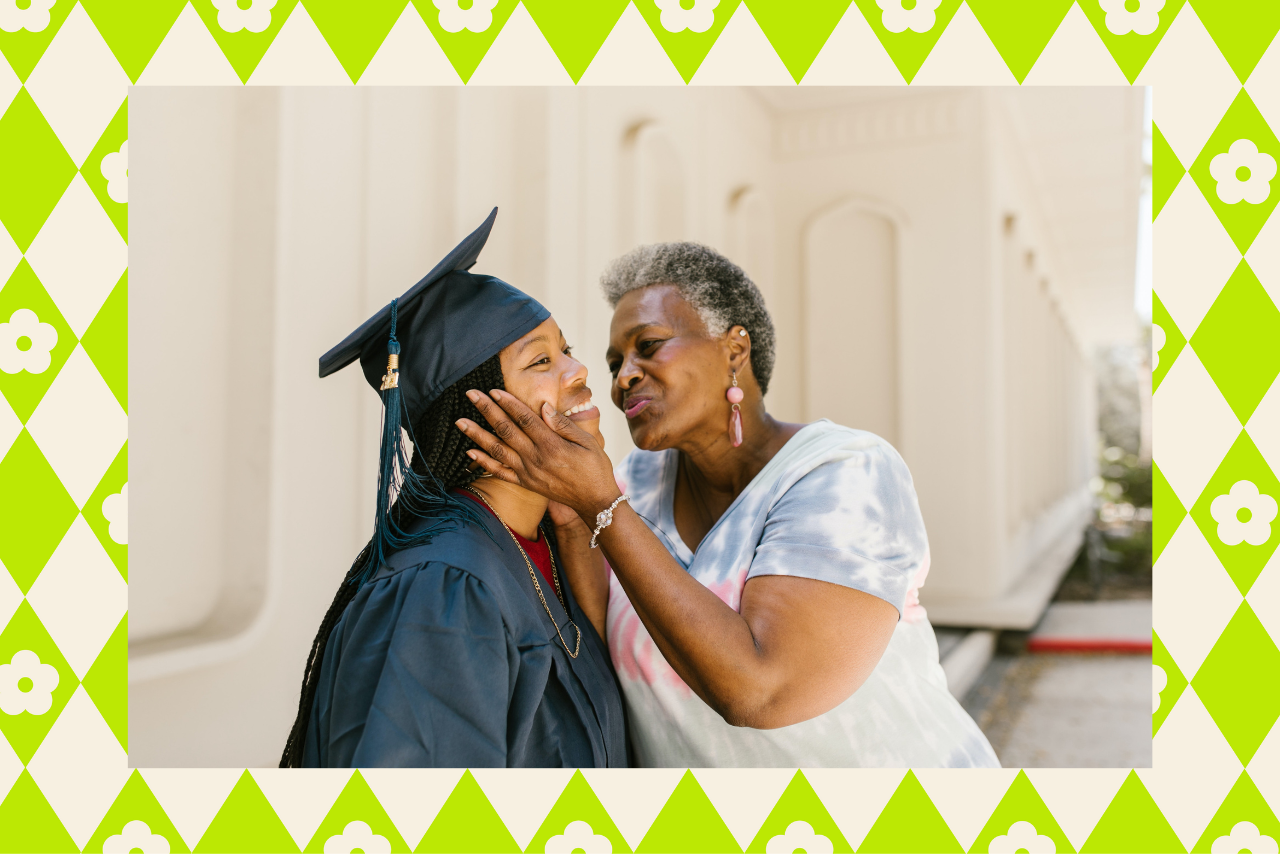When you are the first in your family to break generational boundaries and take a different path, it can feel intimidating and insecure. Where many students have security from their parents financially and academically, many first-generation students push through their academic journey feeling alone.
Feeling isolated and alone is one of the many struggles of first-generation college students. While it is a huge accomplishment and dream of many to go to college, the experience of a first-generation student is unique.
There are many challenges that students face when attending college. These struggles are usually followed by advice from family and firsthand experience. For first-gen college students, the expectations and stakes are completely different.
Morgan Alten has had a unique experience attending college with neither of her parents having completed any higher education. Alten says, “It has been a struggle convincing members of my family that I should attend college because it is not something that seems necessary to my dad.” She follows by saying, “Now that I’m at Cleveland State, the challenge has been affording school on my own.”
Many first-generation students are burdened with loans and no financial help. This can feel like a huge setback when you are not made aware of your resources. Many financial resources and scholarships are not publicized to students coming in with no college background. Dedra Robbins shares her experience with navigating financial struggles at school. While working and being a full-time student at Ohio State, Robbins works hard to excel in her field. She admits how “challenging it is to figure out financial aid and scholarships with no background or help.”
Through these confusing times, Robbins speaks about the role that the Young Scholars Program (YSP), a program specifically for minority first-generation students, has played in her success: “Aside from the support of my family, I heavily rely on the support of this program to fuel my success at Ohio State.” Robbins has faced many misconceptions about being a Black first-generation college student and already having obtained two associate degrees.
Getting into Ohio State with a scholarship was an accomplishment for her, but back home she received many comments. She said, “Many people told me that I must just be smart, and while I am intelligent, I’m not just smart; I take opportunities and push myself through my determination.”
While there has been a lot of growth for first-gen students, there is still room for improvement.
Columnist Jean Guerrero reports that “in a new survey [Alejandra Campoverdi] commissioned to identify the top concerns of today’s first-generation college students, 65% of respondents said they struggled with their mental health, primarily because of financial insecurity, followed by loneliness.” Guerrero continues to highlight Campoverdi and her memoir “Trailblazer Toll” where she talks about the importance of communicating with first-gen students and making them “feel seen.”
An innovative approach taken by UC Irvine was to look at the future professional’s strengths as first-generation students rather than their weaknesses. They promoted these strengths to give them a better outlook and cater to their needs in such an unknown situation. They also did not want to paint an overly positive picture, so they found a balance by connecting them with other students who understood the struggles.
Professor and creator of the orientation program, Anita Casavantes Bradford gives her perspective on how first-generation students interact with faculty on campus. Guerrero writes about Casavantes Bradford’s outlook, describing that “because these students are often more intimidated by professors than are their peers with college-educated parents, she also worked to connect them with faculty mentors who had been first-generation college students themselves.”
This approach can give students who do not have that family connection of networking an opportunity to gain a mentor, an advantage that many students are not given. Alten says, “It can be completely frustrating having to do things myself without any help.”
While situations may be harder for this unique group of students, that does not mean it is impossible. In fact, many programs are being worked on at different universities. In order to grow, universities need to continue to accept feedback and promote positive change to help give first-generation students the advantage so many other students have.
“Our greatest power is in being fully known to ourselves.”
Anita Casavantes Bradford
As a first-generation college student, I know these struggles firsthand. I have figured out college by myself, and while I am lucky enough to have a support system emotionally, many others cannot say the same. There will inevitably be challenges and failures, but how you approach the situation is what matters; continuing to push forward and persevere will lead you to achieve success. While this path can feel scary, you are not alone, and with determination, you will make it through.
References
Interviews:
Morgan Alten
Dedra Robbins
News Article:
Jean Guerrero




